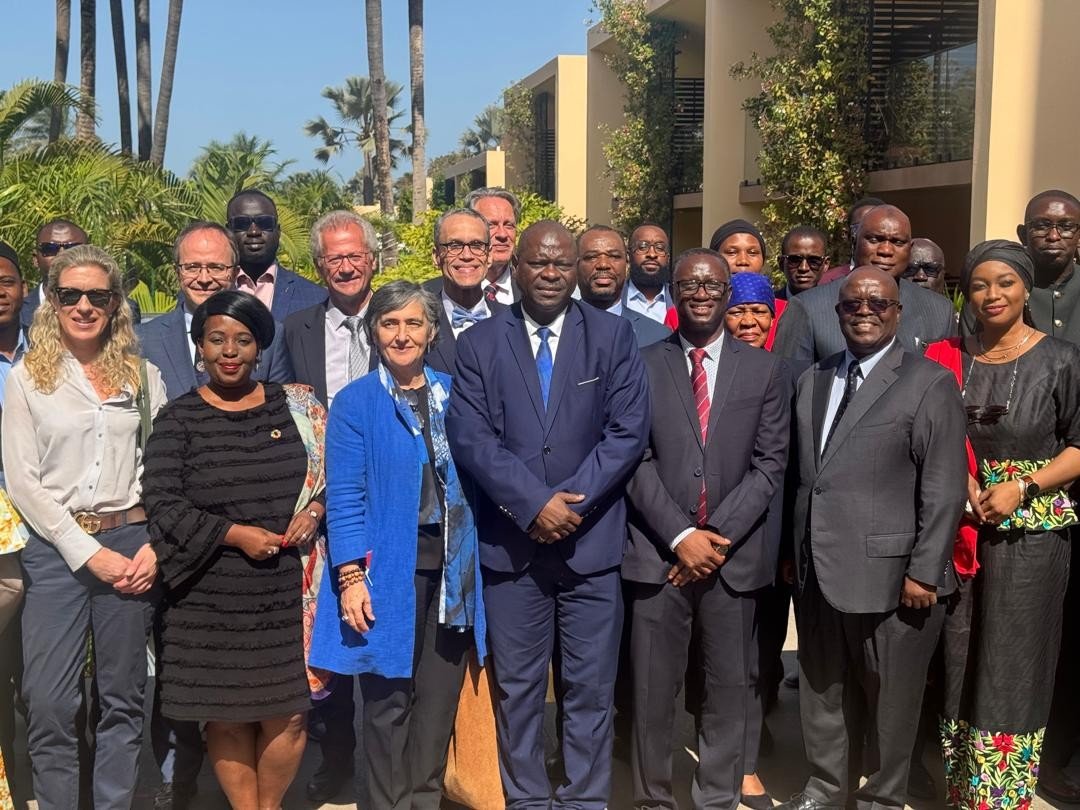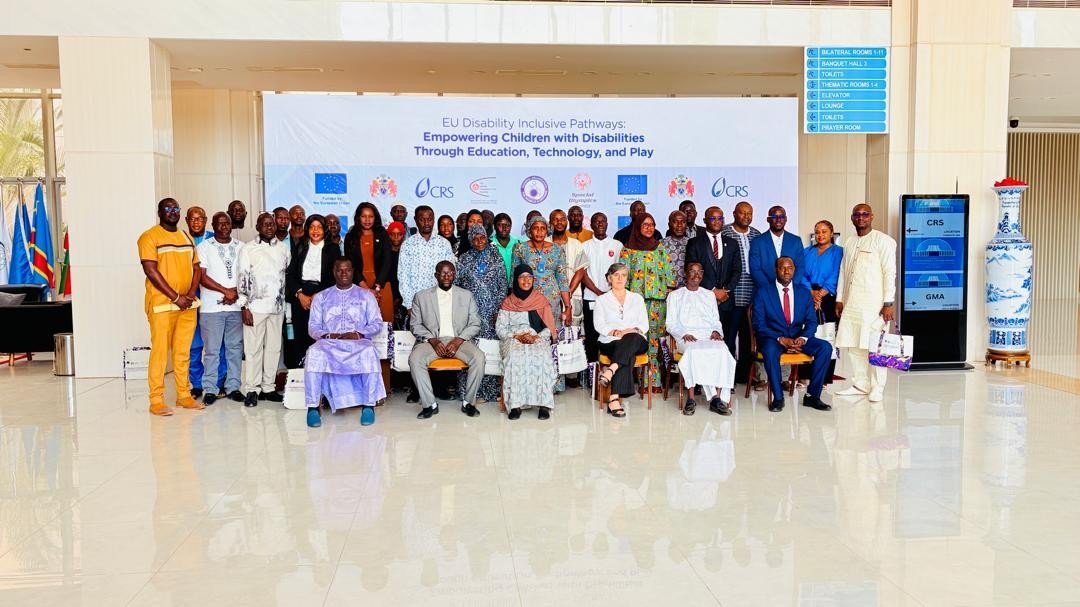The Ministry of Higher Education, Research, Science and Technology (MoHERST) has concluded a three-day capacity-building training aimed at strengthening research management across Tertiary and Higher Education Institutions in The Gambia.
Held from July 7 to 9, 2025 at the Ministry’s Conference Hall in Kanifing, the training was conducted in collaboration with the UNESCO National Commission (UNESCO NATCOM) and facilitated by the West Africa Research and Innovation Management Association (WARIMA).
The training sought to equip research managers with the strategic and operational skills necessary to ensure that research activities within higher education institutions are efficiently managed, impactful, and aligned with the country’s national development priorities. It also aimed to improve collaboration and the effective management of research activities across institutions, following best practices in research governance.
Speaking at the closing ceremony on behalf of the Minister of Higher Education, the Director of Research at MoHERST, James Gomez, congratulated the participants for their active engagement throughout the training. He emphasised that research managers are now positioned to act as catalysts of change within their institutions.
“As Research Managers, you are not just administrators; you are enablers of progress. Your leadership will shape how research translates into real-world impact for our communities,” Gomez remarked.
He highlighted the need for research activities to follow a clear pathway to impact similar to the structured progression and accountability promoted by the National Qualifications Framework. He called on research managers to encourage researchers across tertiary and higher education institutions to embed impact considerations into every stage of their research, from conceptualization to implementation.
“Our institutions must cultivate a culture of translational research—research that does not gather dust on library shelves but actively addresses our nation’s social, economic, and developmental challenges,” he stressed. “We must also ensure that science remains credible and accessible, especially in areas like clinical trials where uncertainties and risks are present. These must be communicated openly and responsibly.”
Dembo Kanteh, President of the West Africa Research and Innovation Management Association (WARIMA), emphasised the collaborative nature of research and the critical importance of robust management systems.
“Research is not a solitary pursuit. It is a collaborative enterprise that thrives on partnership and trust,” Kanteh said. “Institutions must put systems in place that turn grant funding into compliance and measurable outcomes. Without this, we risk losing accountability and the very purpose of our research.”
Representing UNESCO NATCOM, Omar Jallow reaffirmed UNESCO’s commitment to supporting projects that have tangible community benefits, especially in the fields of environmental sustainability, culture, and education.
“UNESCO is proud to support initiatives that bridge the gap between knowledge and community impact,” Jallow noted. “It is not enough to generate knowledge; we must communicate it effectively and use it to address the pressing challenges our communities face.”
The training represents a significant step in enhancing the capacity of The Gambia’s higher education sector to manage research effectively and contribute meaningfully to national development goals. By empowering research managers with the necessary tools and knowledge, MoHERST and its partners are laying the foundation for a more innovative, responsive, and sustainable research ecosystem in the country.
“Our hope is that this is only the beginning of a broader transformation in how research is managed and valued across our institutions,” Gomez concluded.






